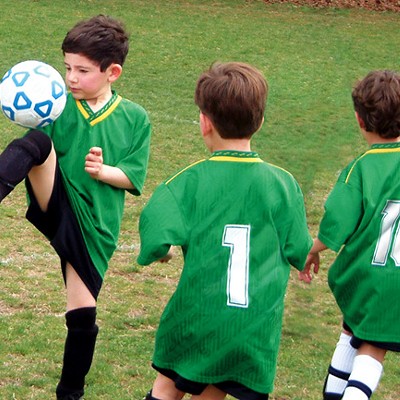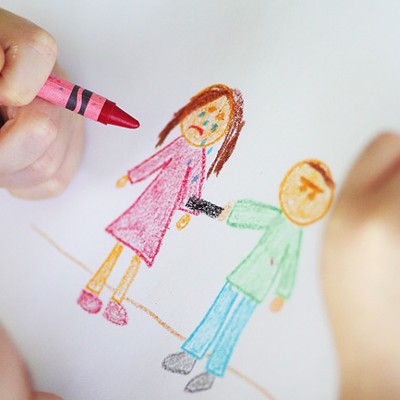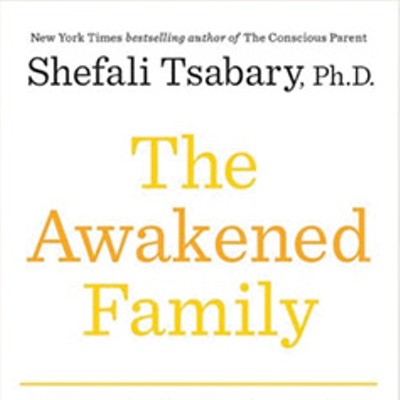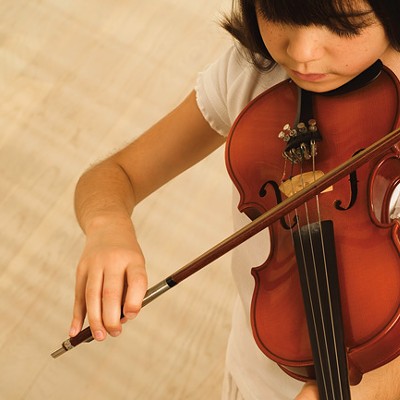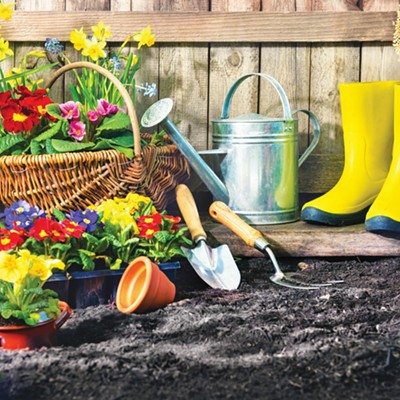I am an only child. There are certain stereotypes that people associate with us. At a previous job, for example, my boss noted the surgical efficiency with which I removed the crusts from my sandwich and said, “I’m going to go out on a limb and guess that you didn’t have siblings growing up.” So, picky. And introverted. Spoiled. Dependent. Selfish. Bossy. Lonely. These perceptions are so persistent that they have actually been lumped together and deemed “Only Child Syndrome.”
This “syndrome,” which is actually a myth rather than a malady, can be traced to G. Stanley Hall and the pseudoscientific studies he conducted in the 19th century, which led him to conclude that children without siblings were so maladjusted that “being an only child is a disease in itself.”
Of course, at the time he was writing, the average family included 3.5 kids, and as late as the 1970s, just 10 percent of families had only children. The children Hall studied lived on farms and were thus isolated from their peers. Today, with the cost of raising a child estimated to be $245,000, the average family size has shrunk to 1.9 children, and 23 percent of American families have just one child. In urban areas, that percentage is even higher – 30 percent of families in New York City and a whopping 46 percent of families in Seattle have only children.
As the number of only-child families grows, so too does a body of research suggesting that, psychologically speaking, only children are just as normal as any other kids. In a landmark study published in the Journal of Marriage and Family in 1987, psychologists Toni Falbo and Denise Polit concluded that only children “were comparable in most respects to their siblinged counterparts,” and indeed had demonstrably higher intelligence, achievement and self-esteem.
To be sure, there are benefits to being an only child. I can’t say I minded having all my parents’ time and resources devoted only to me. Having grown up when there was often no one to play with, I learned to entertain myself and enjoy my own company. And I built a great vocabulary from all the time I spent talking to adults.
Of course, there are downsides to being an only child. Growing up, I occasionally felt lonely and wished for a live-in playmate, or someone to divide the sometimes-intense attention my parents directed at me. And being the sole focus of adult attention is a burden that stays with you as you grow up. David Hecht, also an only child, said, “As an adult, I feel like there is more pressure on me to please parents and other family members because they don’t have anyone else to look to.” For me, personally, the nadir of being a singleton came when my parents aged. When they were ill, all the caretaking fell to me. When they died, I felt profoundly alone in the world.
Still, we only children tend to “find our own tribes.” Hecht notes, “I think it might have been fun to have siblings that I could be close to, but I think I make up for it by having friends I cherish like siblings. I would say I’m content as an only.”
As with any child, there will always be bumps along the road of an only’s development. To help navigate them, here are some guidelines that parents of onlies can follow:
Facilitate social interaction with kids – Whether it’s preschool, playdates or lessons at the gym, regular opportunities to be with other kids will help to build social skills such as sharing, compromise and patience.
Recognize that alone time is OK – Falbo and Polit’s study points out that children who are alone are not necessarily lonely. Spending time alone sparks creativity and teaches children to be comfortable with themselves.
Encourage independence – My parents were pretty lax about assigning me chores as a kid, and today I am a miserable housekeeper who is still confused over how to properly sort laundry. Chores and household responsibilities are good things for children. They may not appreciate them now, but they’ll thank you later.
Set boundaries – Having only one child sometimes blurs the division between parent and child until the entire family feels like a single unit. It’s OK for parents to have their own lives that include adult interests and time to nurture their marriages.
Watch out for perfectionism – Only children often have very high standards for themselves rooted in a deep need to please their parents. Let your child know that it’s OK to make mistakes and that you love them no matter what.
Don’t overindulge – While it’s tempting to shower your child with gifts and satisfy their every whim, doing so can lead to a child who demands everything on their own terms. Setting limits and delaying gratification will benefit them in the long run.
And, finally:
Don’t feel guilty about having an only child. Despite the stereotype that only children are maladjusted, I can say from personal experience that, with thoughtful parenting, we onlies generally grow into normal, functioning human adults just like everybody else.
Erika Holst is Curator of Collections at the Springfield Art Association. She is an only child who now is thoroughly flummoxed by the sibling relationship shared by her son and stepson.
My one and only
Are kids without siblings doomed?
[
{
"name": "Air - MedRect Combo - Inline Content 1",
"component": "11490391",
"insertPoint": "3",
"requiredCountToDisplay": "1",
"parentWrapperClass": "fdn-ads-inline-content-block"
},{
"name": "Air - MedRect Combo - Inline Content 2",
"component": "11490392",
"insertPoint": "7",
"requiredCountToDisplay": "5",
"parentWrapperClass": "fdn-ads-inline-content-block"
},{
"name": "Air - MedRect Combo - Inline Content 3",
"component": "11490393",
"insertPoint": "12",
"requiredCountToDisplay": "9",
"parentWrapperClass": "fdn-ads-inline-content-block"
}
]
Today 23 percent of American families have just one child.
Photo from metrocreativeconnection.com
Illinois Times has provided readers with independent journalism for almost 50 years, from news and politics to arts and culture.
Your support will help cover the costs of editorial content published each week. Without local news organizations, we would be less informed about the issues that affect our community..
Got something to say?
Send a letter to the editor and we'll publish your feedback in print!





